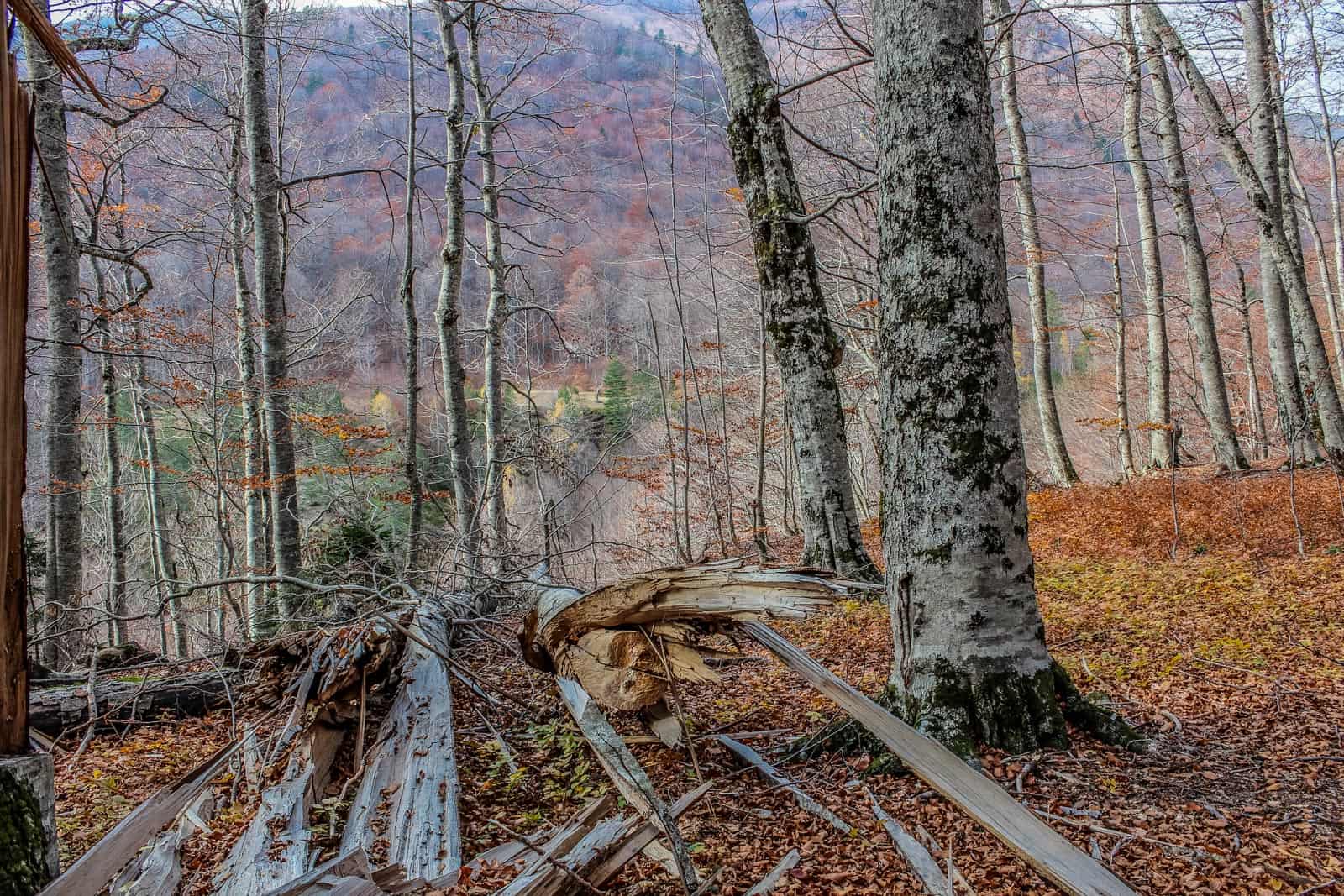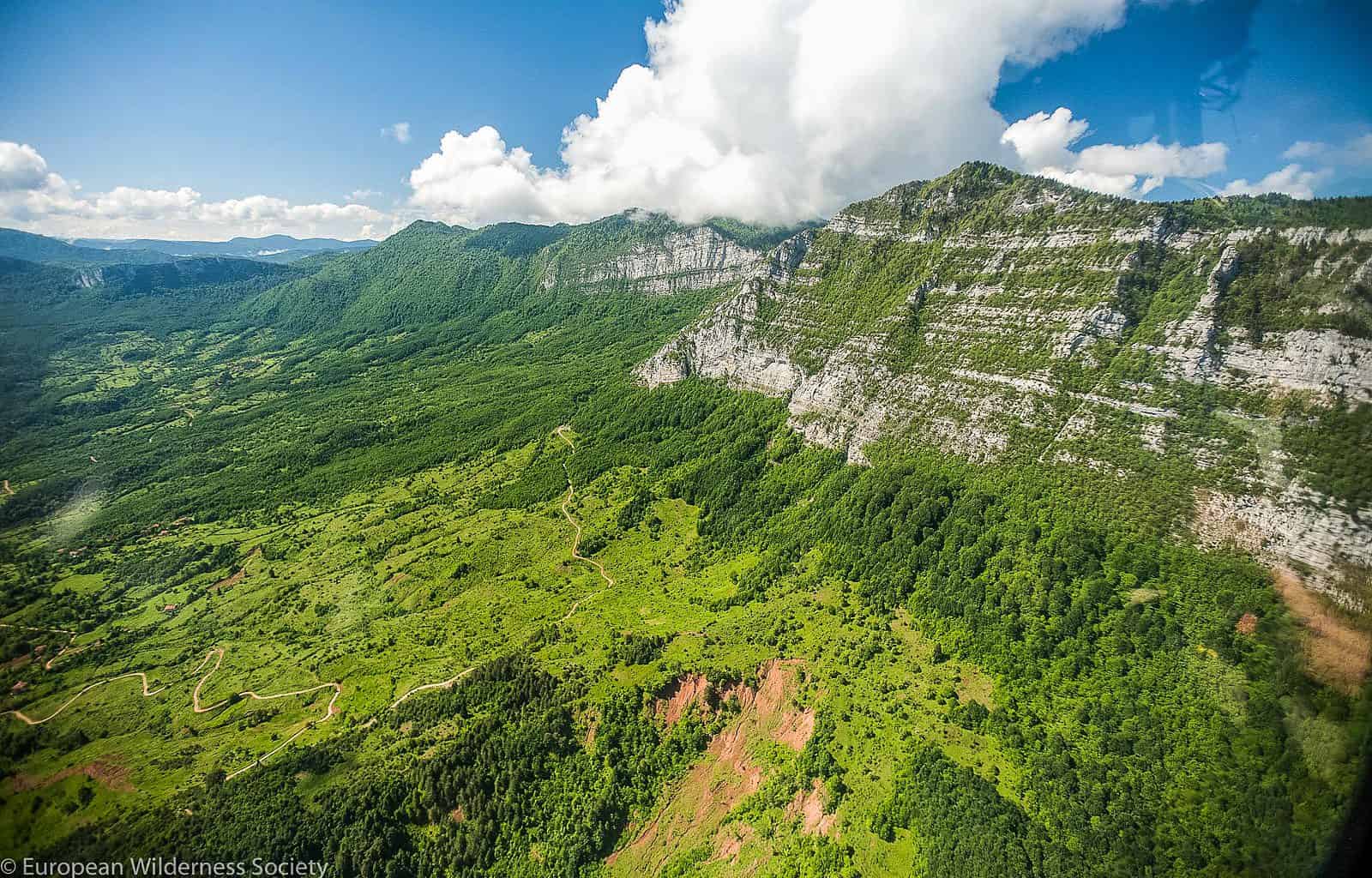City fights against pulp mill threatening Estonian forests
UPDATE JULY 2018: The Estonian Government decided to cancel the plans for constructing the pulp mill after citizen protests. Read more information here.
In May last year, the Estonian government published a plan for a giant pulp mill to be located in Viljandi and Tartu counties. The company Est-For Invest would develop the pulp mill, which would become the biggest in the country. The cost of building the pulp mill would exceed 1 billion euros, and it would heavily threaten the Estonian forests and waters. However, the city council of Tartu demands that the government call off the plan. Tartu residents collected 8 000 signatures from persons opposing the construction. The council recognises that the potential for emission of pollutants is extremely high, endangering the city’s future itself. Additionally, the city council states that the whole process of evaluating the pulp mill project has not been transparent or inclusive enough.
“Due to the unlawful and questionable nature of current procedural steps, the implementation of a national special plan is forbidden and the procedure for the drawing up of a national special plan must be called off.”
according to the Tartu city council.
Please read also: Estonian forests are at stake
Environmental impact threatens Estonian forests
Estonia is in the top 4 of the most forested countries in Europe, trees supposedly cover almost half of the land. It includes Soomaa Wilderness, member of the European Wilderness Network, with 11 530 ha of strictly protected land without human intervention. According to the plans, the pulp mill would process 3 million cubic meters of wood per year. This is more than 25% of the entire country’s annual yield. According to Estonian environmental organisations and even competing investment companies, this demand is unsustainably high with respect to the logging rates and available commercial timber in Estonia. The logging rates are already high in Estonia. Satellite data indicates a gain of 90 000 ha tree cover, while losing 285 000, mainly to the forest industry. Hereby, Estonia is following the trend of dramatic deforestation in Romania.
‘Not signing an advance agreement is absurd’
There are questionable circumstances regarding the pulp mill plans. Internal documents revealed in February that the State Forest Management Centre (SFMC) and Set-For Invest prepared for prior arrangements. The arrangement included a guarantee for 50% of the State’s pulp wood for a 15-year period. This guarantee would be worth over 300 million euros, according to ERR News. Competitors and the general public raised questions about unlawful state aid and conflict of interest. The lawyer who prepared the agreement is supposedly representing Est-For, while counselling the SFMC. The same law firm also prepared documents for the government, regarding the pulp mill plans.
Officials from the SFMC proclaimed, however, that they followed the rules. According to the pulp mill developers, the main reason is to boost the Estonian economy by processing timber on own soil. Estonia already has one of the fastest-growing economies in Europe. They claim it would be absurd if Estonia’s largest wood producer does not sign an advance agreement with Estonia’s largest future wood processor. But the conflict of interest may run deeper.
Conflict of interest
Mr. Mati Polli, who was until recently a member of the supervisory council of the State Forest Management Centre, is one of the key investors in the new pulp mill project. Mr. Polli’s son is currently also a board member in the company Est-For Invest. The company was established 3 months before Polli sr. left the supervisory council of the Forest Centre. Only a month after he left, the government presented the plan to build the giant mill.
What is next?
According to the Environmental Agency 2010, Estonia holds 43% primary forests. About half of this is planted or modified over the recent decades, while less than 3% is natural forest. Currently, Estonia strictly protects 12% of the forests, while using 75% commercially. Environmentalists and NGOs, like Estonian Forest Aid continue to direct their efforts to the conservation and protection of these forests. In the meantime, Tartu city council gave the government until May 1st to provide an answer to their demand for calling off the pulp mill plans. The first response of the media claims that the Tartu city council is too emotional. The prime minister acknowledged that the State continues with studies to determine the pulp mill’s capacity. This happens despite the protest of Tartu.
This topic was brought to our attention by Estonian Forest Aid, which provided us with insights, details and images on this matter.
Stay up to date on the Wilderness news, subscribe to our Newsletter!










